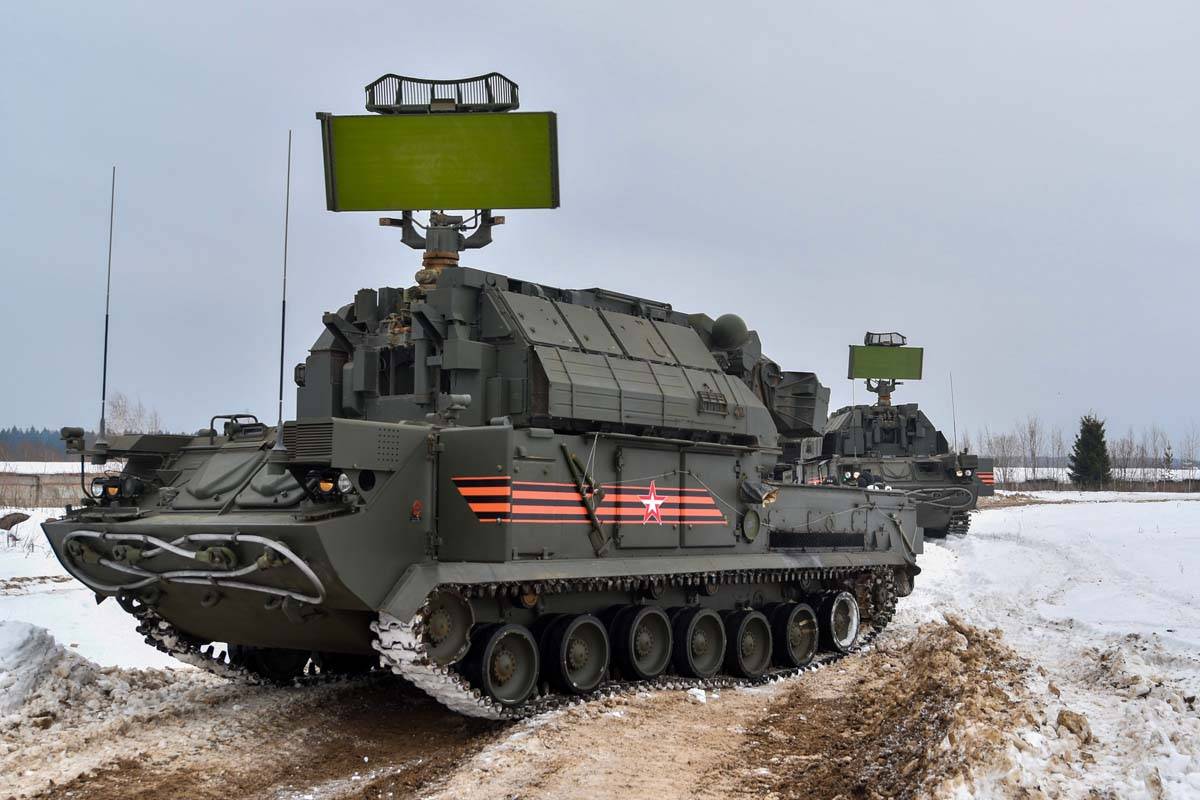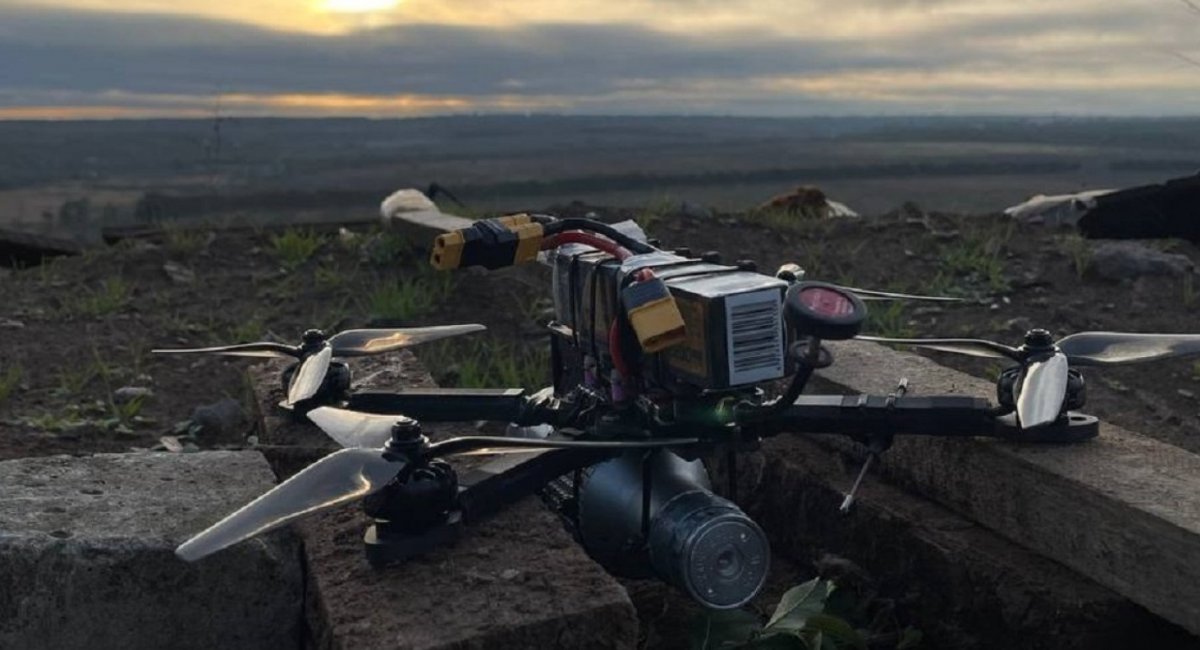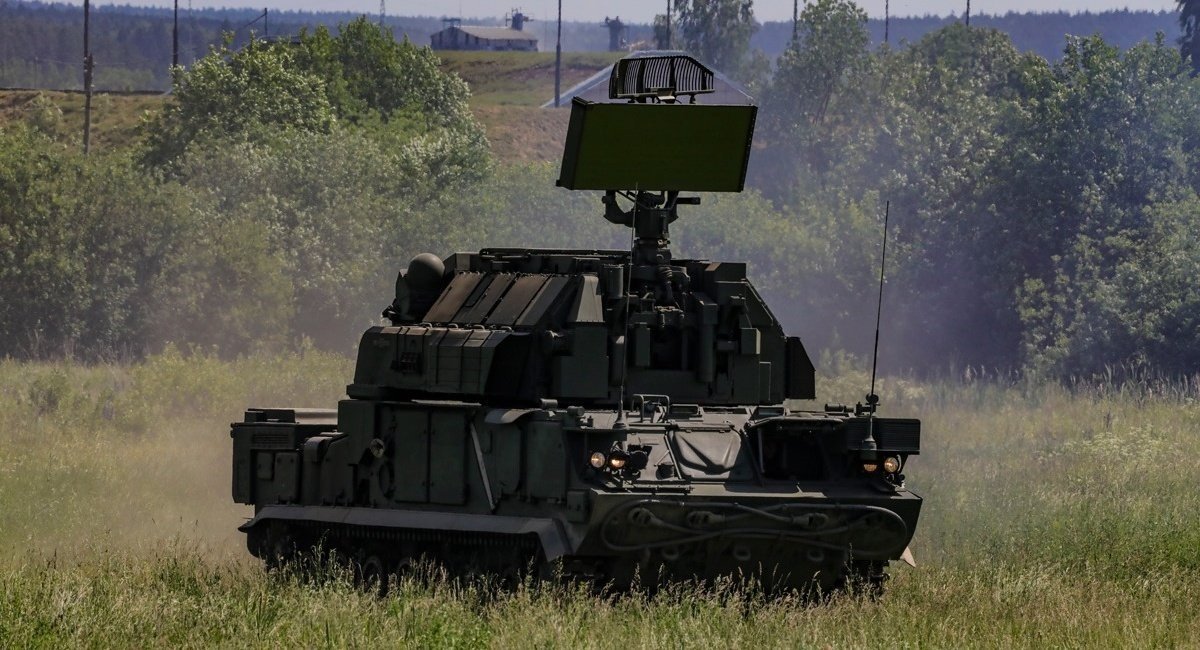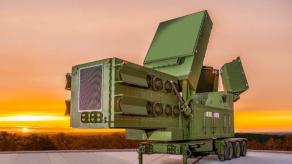Soldiers from Ukraine's 92nd Mechanized Brigade attack drone company have published a video featuring their first-person-view UAV crashing into a russian Tor-M1 anti-aircraft missile system.
The russian equipment was damaged as a result. From the last seconds of the drone's live feed, we can see the operator was trying to hit the radar which was in its folded state. If put out of order, Tor-M1 becomes unable to operate, and the repairs would be expensive.
Read more: Residence of russian OMON Gets Struck with FPV Drone in Occupied Territories of Ukraine (Video)
Judging by the circumstances, the Tor-M1 had just arrived at the new position or was ready to leave it and move somewhere else. Surely, the moment for the attack was not perfect since the radar was hidden in the hull. But in the bigger picture, the case itself is quite illustrative in terms of FPV drone efficiency.
First of all, it is a roughly $500 drone that can effectively put valuable equipment worth millions of dollars out of service in a single accurate strike. Secondly, Tor-M1 is deemed in russia as the best tool for countering UAV threats, specifically.
The authors of the video mention that the price of a single Tor is USD 25 million which corresponds to its export version in 2015. Nowadays, though, the monetary value would be much higher even for the russian army as the domestic customer.
In this context, we should also remind what was the purpose of the Tor system in the first place, back in the USSR times when it was designed. Foremostly, it was supposed to cover vanguard land force echelons from attack aircraft and rotorcraft, intercept cruise and anti-radar missiles. It was later that it got the task of taking down UAVs.

Soviet military of the 1980s envisioned the Tor system family as the asset supposed to provide air cover for the ground forces, as a sort of moving "umbrella" over the columns of armored vehicles or key positions that would likely become targets for A-10 and AH-64 Apache air raids.
However, in modern realities, the Tor system which is conceptually supposed to be deployed close to the frontline has itself become a target for suicide drones – the most cost-efficient, long-range, and simple-to-use weapon on the tactical level.
The bottom line is, in a situation that earlier required higher-level interference, such as deployment of artillery units or high-precision missiles, to take down a valuable target, an FPV drone enables soldiers on the ground to deal with the problem by own means. That is a sign of explosive drones becoming a real game-changer.

Read more: FPV Drone Controle: Exploring Effectiveness and Risks in Military Operations in Ukraine














